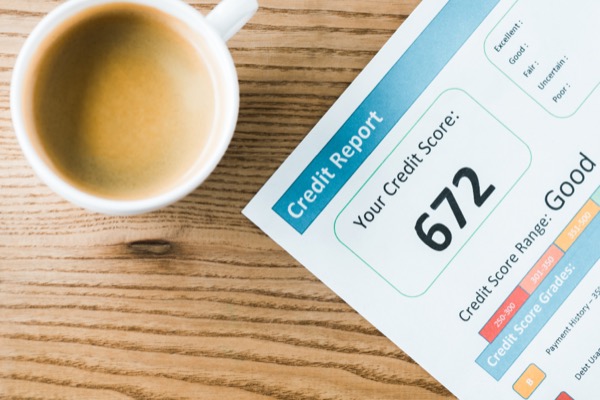Cottage opening weekend is almost here! In this post, we discuss how best to prepare your cottage for summer.

Looking to improve your credit? Here’s how to get started
Do you need to improve your credit score? Most of us go through periods of ups and downs in terms of our credit, and sometimes it will be higher or lower than others. However, if you are hoping to apply for a mortgage or any kind of loan, you will want your score to be in the best shape possible. If you often struggle to keep your credit healthy, this can become an issue when you try to secure the loan you need. Here, we discuss what a good credit score is, and how you can start improving your credit.
First of all, what is a good credit score?
Credit scores in Canada can be anywhere from 300 to 900. Scores above 720 are considered to be excellent, but anything above 650 is generally considered good. In order to improve your credit, you first need to know what your score is. Equifax and TransUnion both offer credit reports you can view, which will give you detailed information on your score. Some online banking institutions also offer their customers the ability to see their score. There are also many free apps or sites you can use, but these generally won’t be as accurate, and lenders are less likely to accept them as legitimate.
If you find your credit score is a bit low, you might be tempted to panic, but try not to worry too much. There are steps you can take to start the process of steering your credit score in the right direction. You can’t change your score overnight, but consistently applying these strategies will help transform your credit score over time.
Credit utilization ratios
Understanding your credit utilization ratio is key if you want to understand your credit score. This ratio divides your total credit card balance by your total credit limit. For example, if you have a credit limit of $5000 per month and you usually spend $1500, your utilization ratio is 30 per cent. We recommend trying to keep your ratio at 30 per cent or below. This shows lenders that you don’t max out your credit, you manage your debts effectively, and you can likely handle the payments on a new loan.
How do you reduce your ratio? The less you spend, the lower your ratio. Take a look at your credit card statements to see where you spend the most money. Are there areas where you can cut back? If you frequently take advantage of deals or rewards that cost you a big chunk of change, try to avoid these types of expenses. Over time, this will help deflate your utilization ratio and increase your credit score.
The importance of making payments on time
There’s no better way to improve your credit score than to make a habit of paying your debts and bills on time! Your payment history is an important part of your credit score, and late or missed payments can have consequences. Your score might drop, and it can be tricky to make up your payments if you let them get too far away from you. This will also show up on your credit report, which can be bad news for borrowers.
Even if you can only make the minimum payments on your debts, this is better than neglecting them entirely. Late payments can impact your credit report well into the future. If it helps, you can write yourself notes to pay your bills, set reminders on your phone, or activate autopay. Make sure to reach out to your bank if you are having trouble!
Consider a credit limit increase
Increasing your credit limit can help improve your credit score, but only if you are in a good position and are very careful! If you increase your credit limit, but don’t spend more money than you do now, your credit utilization ratio will decrease. As we mentioned above, this has a big influence on your credit score.
The risk here is if you have a higher credit limit, you might be tempted to spend more. Not only will this not improve your credit score, but it puts you at risk of gathering more debt and not being able to pay it off. This can lead to bigger financial concerns, so you should only consider this option if you are confident you can control your spending.
Improving your credit score takes time and effort, but it certainly pays off in the long run. If you prioritize your bill payments, understand your credit utilization, and set a realistic timeline for yourself, you can reach your desired credit score and enjoy the opportunities that come with it. Plus, if homeownership is one of your goals, be sure to reach out to a broker for further guidance on securing a mortgage.
If you have any questions about your mortgage, give us a call at Centum Home Lenders! You can reach us at 506-854-6847, or get in touch with us here.


